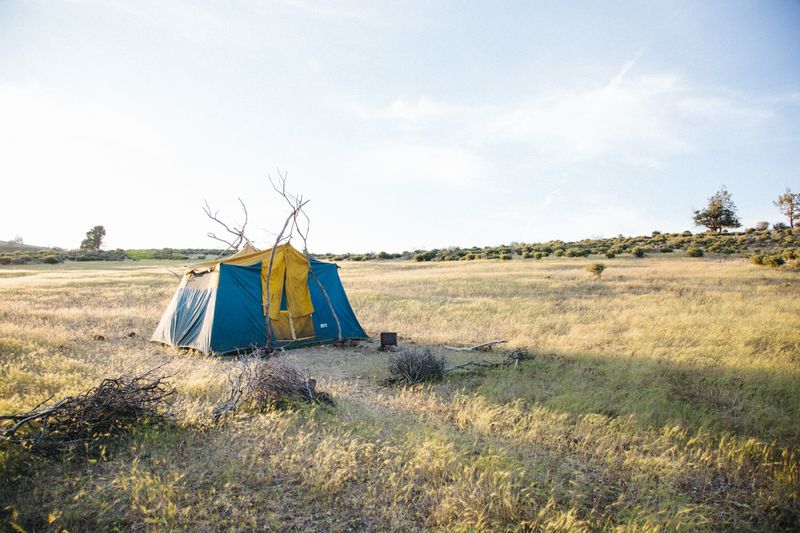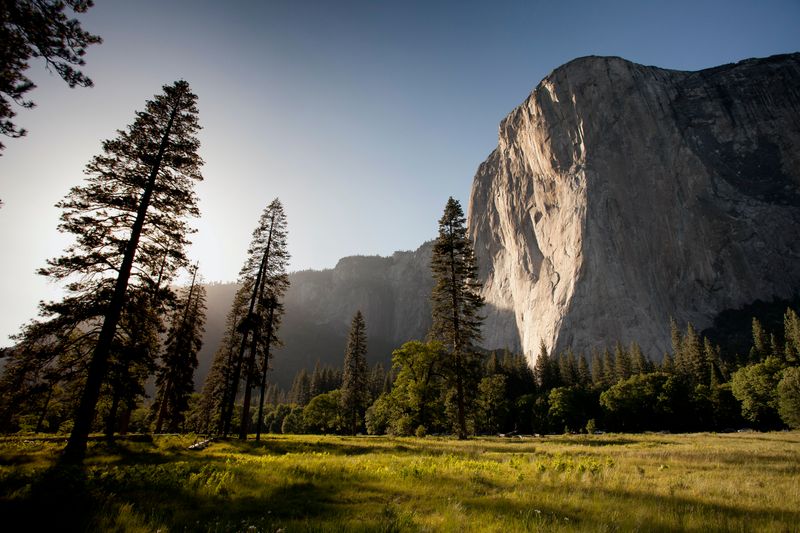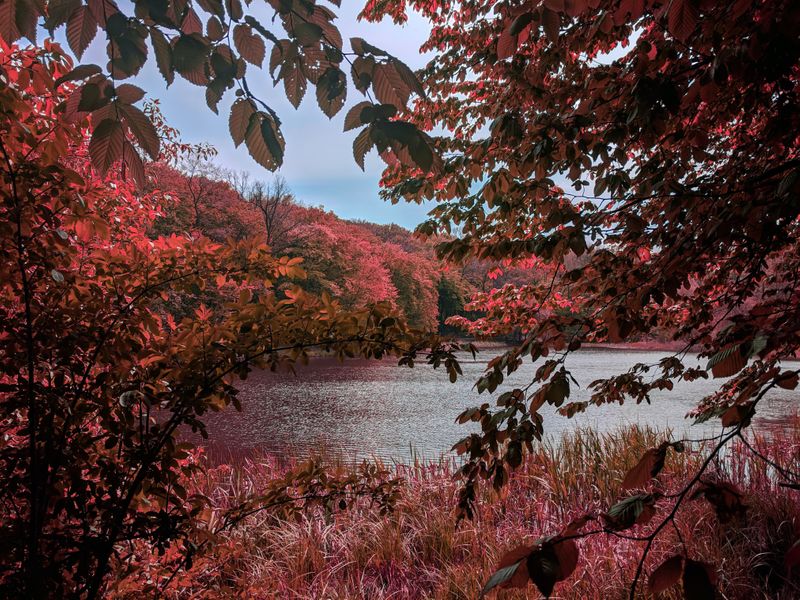 Photo by Sebastian Unrau on Unsplash
Photo by Sebastian Unrau on UnsplashIn every walk with nature, one receives far more than he seeks.
- John Muir
A nature interpreter is an expert in natural history and environmental conservation.
They're passionate about storytelling and experiential learning and aim to connect the community to the natural world. These connections with nature work to ensure a sustainable future.
A Love Of The Great Outdoors
Essential to being a nature interpreter is a love for the outdoors. If you find yourself agreeing with the following, you're on the right track!
While on a walk, you notice interesting flora and fauna and want to know more about them.
You like hiking, camping, and exploring the parks in your area.
You're interested in conservation.
You embrace the changing seasons.
You love sharing what you've found with others.
 Photo by Sarah Brown on Unsplash
Photo by Sarah Brown on UnsplashA Passion For Storytelling
Nature interpreters use storytelling to breathe life and meaning into environmental facts and information. If you enjoy the following, then this may be the career for you!
Sharing facts about nature in way that's simple and easy to understand
Adding emotional components such as humor, pain, or joy to convey an idea
Using examples of your own experiences that other people can relate to
Being honest with yourself and your audience

In The Field Or At The Centre
Nature interpreters can work at conservation areas, parks, interpretive centers, zoos, museums, aquariums, or botanical gardens.
While duties can vary with the seasons, and your place of work, you generally find yourself splitting your time between field and office work.
Here are some of the tasks that you can expect :
In the Field
Leading nature walks and demonstrations
Giving presentations for park visitors
Visiting schools and community groups
Taking photos and videos for displays or presentations
Interpreting the natural features of an area for visitors
At the Center
Developing and constructing informational displays
Researching and writing educational handouts, brochures, and presentations
Organizing information and preparing reports and correspondence
Delivering professional development workshops for peers and educators
Salary
 Canada average pay:
Canada average pay:
$40,803/yr
 U.S. average pay:
U.S. average pay:
$48,885/yr
Education
 Photo by Kyle Glenn on Unsplash
Photo by Kyle Glenn on UnsplashNature interpreters have a range of educational backgrounds. The majority have post-secondary education in:
Outdoor Recreation
Environmental Science
Biology
Education
Communications and Marketing
Ecology
Take Action
If you're interested in becoming a nature interpreter:
Your feedback matters to us.
This Byte helped me better understand the topic.


